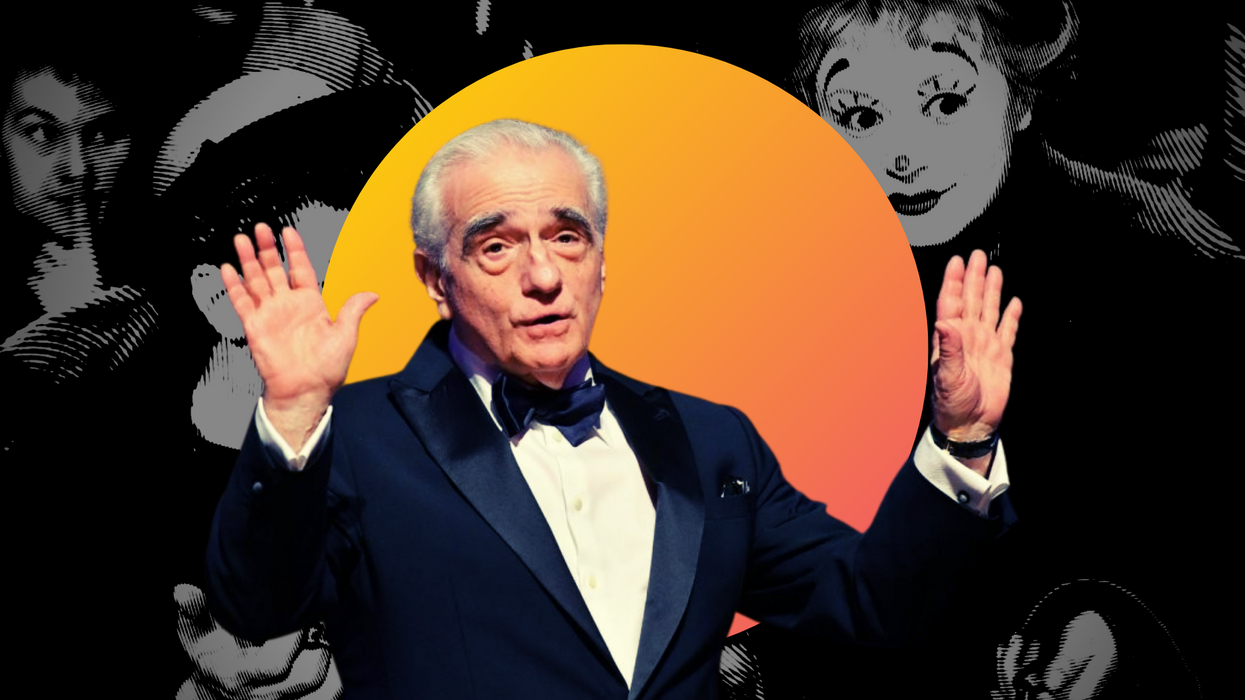Scorsese Implores Hollywood to Value Curation
Scorsese wants Hollywood to value their history just a little bit more.

One of the most annoying things about getting all your movies from streaming apps is that most of them have no sense of history. You want to watch new movies, but there's also a list of old ones you want to find. It can be hard to get them on the apps. Especially if they're obscure.
Well, in a new essay on Fellini, Scorsese had some choice words for Hollywood, streaming, and the availability of movies. In short, he's upset we keep calling everything "content" and not appreciating the artists behind the work.
“As recently as 15 years ago, the term ‘content’ was heard only when people were discussing the cinema on a serious level, and it was contrasted with and measured against 'form,'” Scorsese writes. "Then, gradually, it was used more and more by the people who took over media companies, most of whom knew nothing about the history of the art form, or even cared enough to think that they should. ‘Content’ became a business term for all moving images: a David Lean movie, a cat video, a Super Bowl commercial, a superhero sequel, a series episode. It was linked, of course, not to the theatrical experience but to home viewing, on the streaming platforms that have come to overtake the moviegoing experience, just as Amazon overtook physical stores."
The main problem he has is that all content is evaluated on the same level. And that means these streamers don't care about what even gets created. There's no evaluation based on art.
“If further viewing is ‘suggested’ by algorithms based on what you’ve already seen, and the suggestions are based only on subject matter or genre, then what does that do to the art of cinema?” Scorsese says. “Curating isn’t undemocratic or ‘elitist,’ a term that is now used so often that it’s become meaningless. It’s an act of generosity—you’re sharing what you love and what has inspired you. (The best streaming platforms, such as the Criterion Channel and MUBI and traditional outlets such as TCM, are based on curating—they’re actually curated.) Algorithms, by definition, are based on calculations that treat the viewer as a consumer and nothing else.”
So are computers destroying Hollywood?
You have to worry that streamers are always trying to add actors whose faces get clicks on thumbnails and genres that can travel across the world because they have less dialogue. Art has kind of lost its way in the meeting of art and commerce, and that can be hard to understand.
Sure, I can still look for Fellini films on my own, but what happens if that content never gets valued?
Will it disappear?
Will we never find the next Fellini because they don't write for the algorithm?
I guess time will tell. But the worry is real.
Scorsese concludes, “I suppose we also have to refine our notions of what cinema is and what it isn’t. Federico Fellini is a good place to start. You can say a lot of things about Fellini’s movies, but here’s one thing that is incontestable: they are cinema. Fellini’s work goes a long way toward defining the art form.”
Art's definition is continually changing. Hopefully, Hollywood understands and embraces that moving forward and curates audience taste a little bit more. Especially within streamers.
What do you think of Scorsese's points? Tell us in the comments.
Source: Harper's












